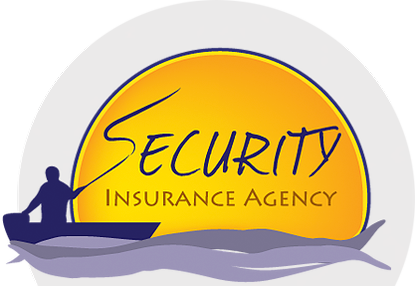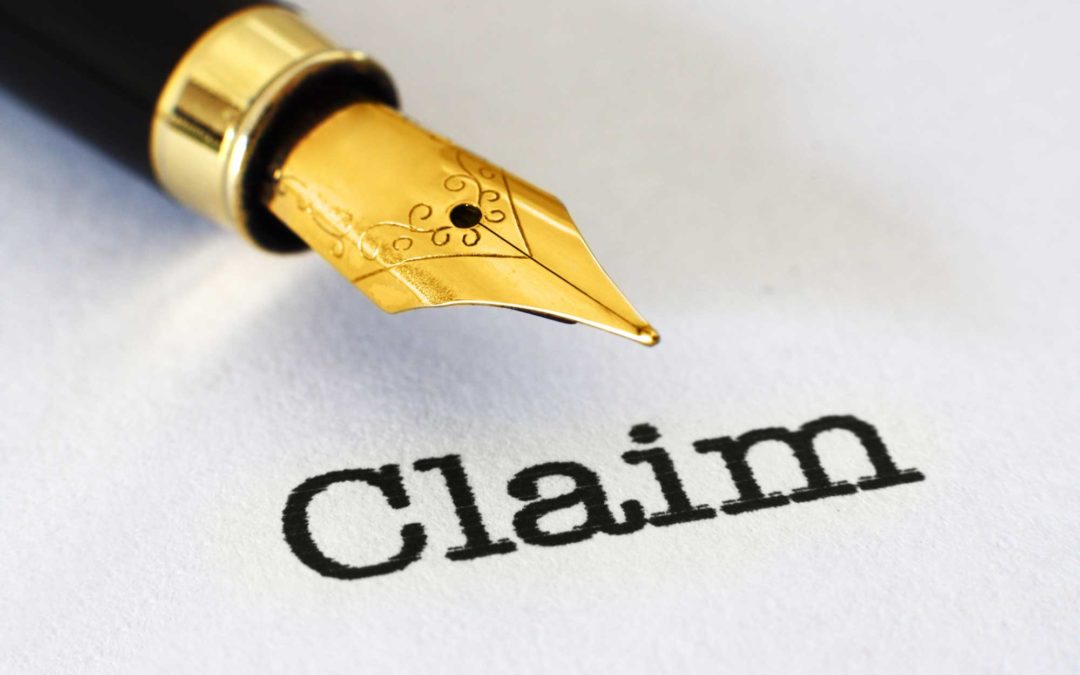Whether you make a claim on home, auto, or any other form of insurance, there is a process that is initiated to determine if coverage applies and if so, how much coverage applies. Typically, you call the agent with the claim info (what happened, where, what time, who was involved, etc) then the agent calls it into the company and an adjuster gets assigned. From that time forward, the adjuster is the primary contact for questions about the claim until it is closed. If there is difficulty in getting a hold of the adjuster, then calling the agent is a good idea.
The first thing to know is that any claim payment is made according to the insurance policy in force (active) at the time of loss. This policy (the one you get every year at renewal) is the foundation of any insurance payment/ adjustment. No one ever reads it through, but everyone SHOULD. The information contained in that packet is what will decide if you get a check or not, and for how much.
There are a few terms to know that change the payout a great deal. First is replacement cost versus Actual Cash Value. The best way to think about it is a loss that is paid out on a replacement cost basis will give you what you need to replace the items involved in the loss in today’s dollars. Actual Cash Value (or ACV for short) is similar to what you would get at a garage sale price. The difference can be enormous. You definitely want replacement cost if you can get it. It’s more money in premium because the payout would be better in a loss situation.
How the contract defines a “covered peril” or “covered loss” is incredibly important. Depending on what contract you have, this section specifically states how and when coverage applies. Some are “named perils” (think of this in terms of IF these things happen, this is how coverage may or may not apply) and some are “open perils” or “all risk” which basically says that the company will cover most everything EXCEPT what is excluded in the contract. In a named perils contract, you have to show that the loss happened as a result of one of the perils named on the list. In an open perils contract, the company has to prove that the loss was excluded in the contract if they deny the claim. To be clear about this, the burden of proof and where it falls is what makes these so different.
When you think you might have a claim, it’s a good idea to call your agent first and see if making a claim is a good idea. For example, if you get into a minor accident where there is nothing more than a few scratches and marks, and the repair estimate is a thousand dollars, this may be an accident you do not want to claim if you have a $500 dollar deductible. The reason for paying it out of pocket is that after your $500 dollar deductible is met, your premiums will go up for having an at-fault accident for a minimum of 3 years and possibly 5 years depending on what company you are with. If your premium increases by $200 dollars per year (not unusual at all) the math works against you. $500 deductible plus an extra 200 per year for 3 years = $1100 dollars. In addition to the extra cost, if you have another minor accident, you may now have a problem with claims frequency and either have premiums jacked WAY up or get dropped altogether. If you make a claim, make sure it is worth claiming. Don’t send in the little stuff. It will cost you a lot more money in the long run.
Claim frequency (how often a claim happens) and claim severity (how bad is the claim when it happens) are 2 huge influences on the premium you pay. Most preferred companies have tightened up underwriting so much that for some, having an at fault accident and nothing else will make you an ineligible risk with their company. If you have multiple tickets and accidents, you will be paying a bunch of money until things start falling off (most companies have a 3-year look back, some have 5) and there is very little you can do to lower premium. For the best premiums, keep a good driving record, good credit, and bundle with a home or renters as much as you can.
There is a lot more that could be gone over, and if you are interested in more tips and explanations, please contact me and I will be happy to share more.
At Security Insurance, we specialize in helping people understand insurance and find coverage that’s uniquely suited to their needs. Contact us today for a free consultation.

